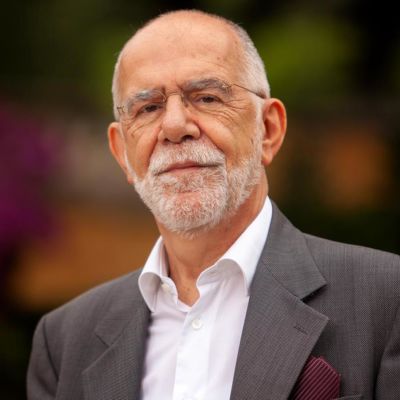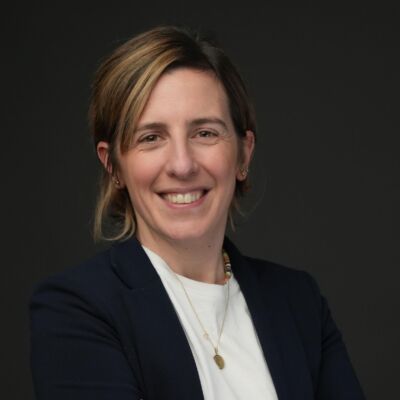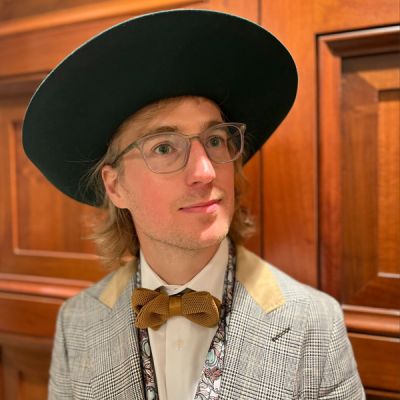Thursday 22 February 2024, 16:00-17:30 CET
The business models of online platforms, mainly based on advertisement, favor the circulation of, among others, dis-mis/information. The more content gets viral, the more it can be monetized. This can be similarly applied to websites. Furthermore, strong disinformation campaigns (especially when state-backed) are implemented thanks to substantial economic investments.
In parallel, the business models of traditional media have had to face a drastic change, both because of the reduced willingness to pay by readers and because of the need to continue attracting funds from advertisers (with evident consequences such as click-baiting and speed, alias the race to be the first publishing the news). All this happens in what is called the attention economy, where content supply is high and immediate and where demand is limited by the attention it gives to such offer.
This training aims at providing awareness of the different economic flows that surround disinformation, as an additional knowledge needed to understand and counter disinformation.
Target Audience
The training is aimed at stakeholders working to tackle disinformation, including journalists, fact-checkers, media-literacy practitioners, academic researchers, and other policy makers.
Meet your Trainers
Pier Luigi Parcu is part-time Professor at the European University Institute (EUI) since 2010. He is currently the Director of the Centre for a Digital Society and the Director of the Centre for Media Pluralism and Media Freedom. Since 2004 he is the Chairman of a consultancy company specialising in antitrust and regulatory issues. From 2000 to 2003, he has been CEO of the Independent System Operator running the Italian Electricity Grid (GRTN). From 1991 to 2000 he was the Director of Investigation at the Italian Competition Authority (AGCM).
Paula Gori is the Secretary-General and Coordinator of EDMO. She joined the School of Transnational Governance at the European University Institute in 2017 where she is a member of the management team. Prior she was the Coordinator of the Florence School of Regulation – Communications and Media, which offers training, policy and research activities on electronic communications regulation and competition and she collaborated with the Centre for Media Pluralism and Media Freedom, which she coordinated during the initial set-up phase back in 2012. She was for several years the Scientific Coordinator of the Annual Conference on Postal and Delivery Economics and she is one of the authors of the report for the European Commission on European Union competences in respect of media pluralism and media freedom. Paula has a legal background and is a qualified civil mediator.
Konrad Bleyer-Simon is a Research Associate at the Centre for Media Pluralism and Media Freedom at the European University Institute and a member of the European Digital Media Observatory’s policy task. He holds a doctoral degree from the Human Rights Under Pressure joint program of the Freie Universität Berlin and the Hebrew University in Jerusalem and a Master of International Affairs degree from Columbia University. Prior to joining the EUI, he worked for NGOs and news media in Berlin, Brussels, Bishkek and Budapest.
Applications are now closed



